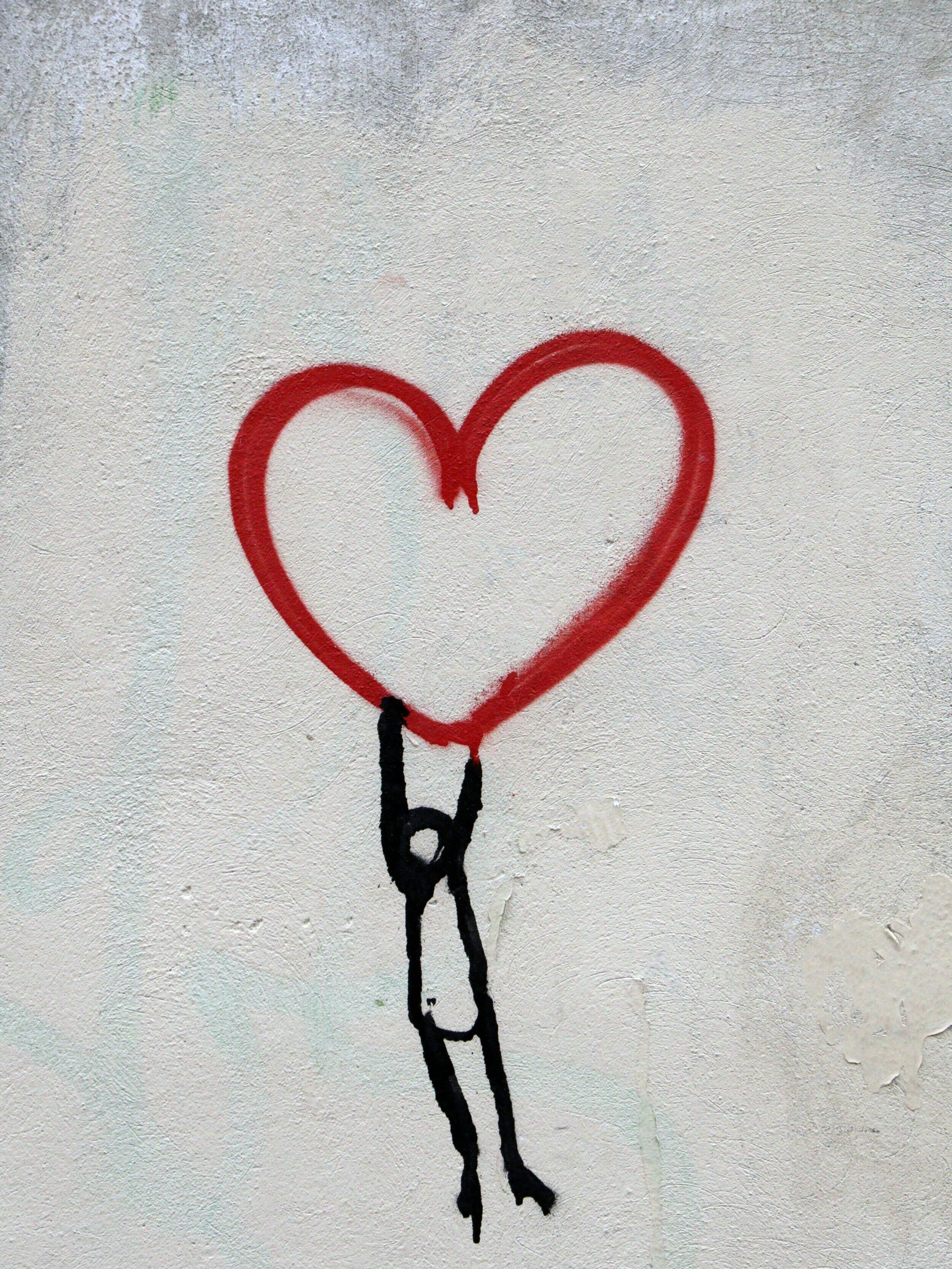One of the things I feared in experiencing my emotions was that if I felt certain, painful emotions, it might never end. I feared an emotion could or would be endless. I was reassured by people who knew, and then learned from experience myself, emotions only “don’t end” when we don’t listen to the message they hold. When I’m willing to experience and move through the emotion, the emotion indeed does end, every time. I just needed to learn how to do that. It was a relief to learn and witness that reality consistently. I trust it now as fact.
The realization that my emotional world was logical, but in its own way, was huge for me. It helped me to respect the emotional world and to stop judging myself for my emotions. It helped me to become curious about what Allah has made in us. Why did He give us emotions? What are the purposes of our emotions? It must be important and a source of mercy if He gave it to us.
In Islam, the heart is what we are judged by on Judgment Day, not our minds or intellect, and our emotions are assigned to the realm of our heart. They must be very important indeed. I agree with what Rumi shares in his poem, that our emotions are messages for us. When I first decided to try that idea on for me, I learned to become curious about what the message was, and patient with its delivery. I used to spend so much time and energy judging, burying, despising and pushing my emotions away, that it took time to rebuild the trust with myself. Yes, I finally wanted to know and hear what my emotions had to say. It may sound crazy, because it would have to me ten years ago, and yet it’s the truth of my very human experience. So far, every emotion has carried a message for me. Thanks to my emotional and spiritual healing training, I understand how to interpret it and have the tools to discern what needs to happen for healing to proceed.
































